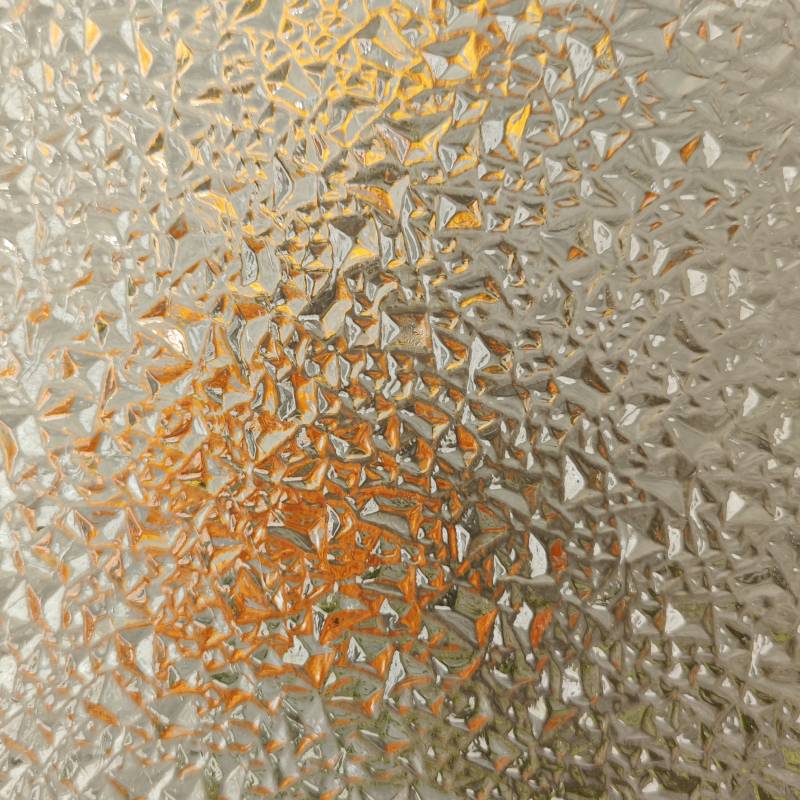

Exploring the Versatility of 3mm Float Glass
Float glass, a widely used type of glass, has become an essential material in various industries due to its unique properties and aesthetic appeal. Among the different thicknesses available, 3mm float glass stands out for its versatility and practicality. This article delves into the characteristics, applications, and benefits of 3mm float glass.
What is Float Glass?
Float glass is produced through a refinement process that involves floating molten glass on a bed of molten tin. This manufacturing technique results in a smooth, flat surface on both sides, making float glass an ideal choice for a variety of applications. The clarity and purity of float glass are high, allowing for excellent light transmission and visibility.
Characteristics of 3mm Float Glass
The 3mm thickness makes this type of float glass lightweight yet strong enough for numerous uses. It is highly transparent, providing an unobstructed view while allowing natural light to penetrate spaces. Additionally, it offers good thermal insulation, which can enhance energy efficiency in buildings. The ability to be cut and shaped easily further adds to its adaptability in different scenarios.
Applications of 3mm Float Glass

1. Windows and Doors One of the most common uses of 3mm float glass is in windows and doors. Its ability to provide visibility while being lightweight makes it suitable for residential and commercial buildings. Moreover, it can be used in storm windows, enhancing the protection of homes in adverse weather conditions.
2. Furniture In the furniture industry, 3mm float glass is often utilized for tabletops, shelves, and display cases. Its sleek and modern appearance offers an elegant touch to various furniture pieces, making them visually appealing.
3. Mirrors The reflective properties of 3mm float glass make it an excellent choice for mirrors. Whether in bathrooms, dressing rooms, or art installations, this glass type provides a clear and distortion-free reflection.
4. Decorative Elements Architects and designers frequently use 3mm float glass in decorative applications. Its transparency and ability to be easily coated or treated allow for creative designs in wall partitions, partitions in public spaces, or artistic installations.
Benefits of Using 3mm Float Glass
The advantages of 3mm float glass are manifold. Its lightweight nature simplifies transportation and installation, which can reduce labor costs. Furthermore, the durability of float glass ensures that it can withstand a variety of environmental conditions without compromising its integrity or aesthetic appeal.
In conclusion, 3mm float glass is a remarkable material that combines functionality with aesthetic charm. Its range of applications—from architecture to furniture design—coupled with its beneficial properties makes it a popular choice in various sectors. As innovation continues in glass manufacturing, 3mm float glass will undoubtedly remain a staple in both residential and commercial developments.